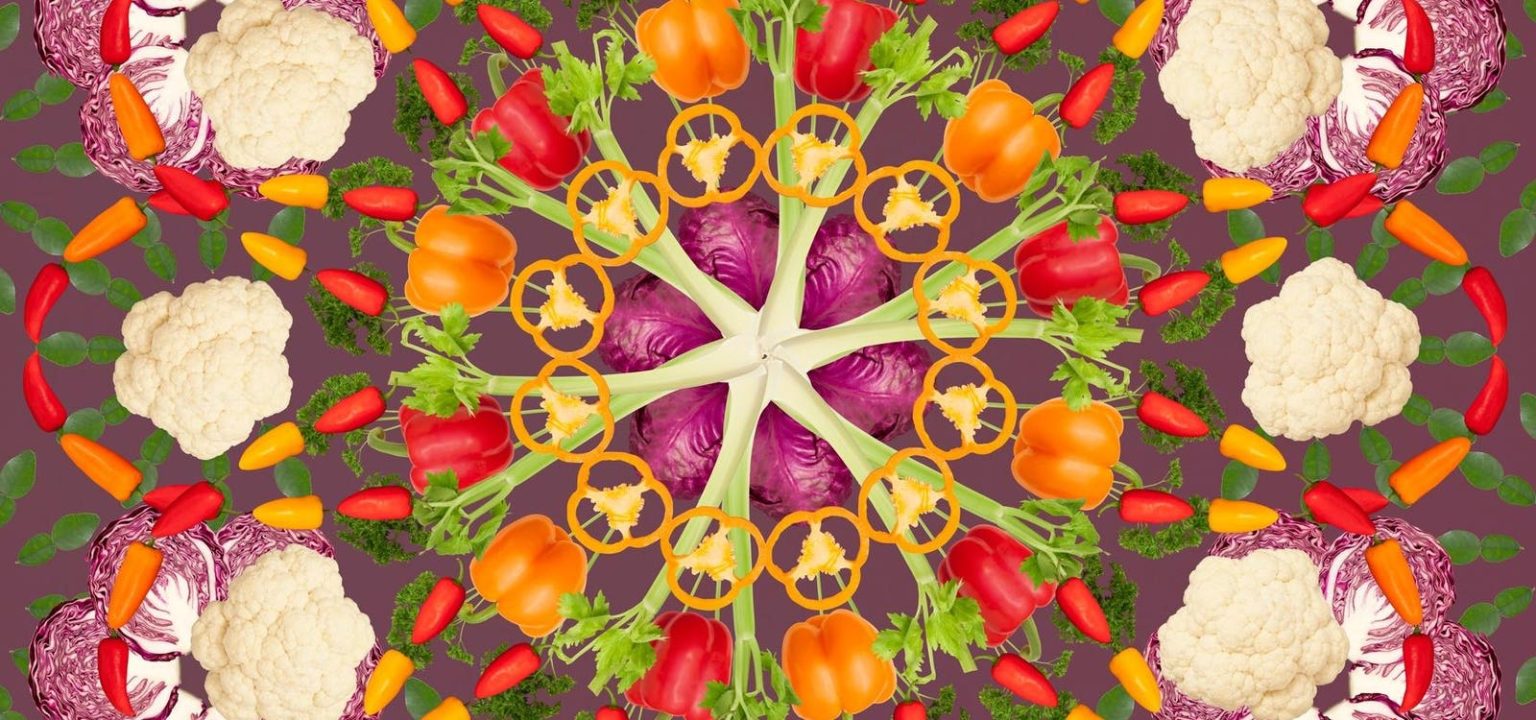A 2024 study published in Frontiers in Psychology identified three primary psychological reasons why vegetarians and prospective vegans struggle to make the transition to a completely vegan lifestyle. The first reason is a knowledge gap between vegans and non-vegans, which leads to different perceptions of the impact of their diet on health, animal welfare, and the environment. Vegans are more likely to seek out objective information and rely on scientific studies, while vegetarians may actively avoid gaining more knowledge that could lead to cognitive dissonance.
The second reason identified in the study is the “cheese paradox,” where individuals struggle to give up dairy products, especially cheese, due to the fear of missing out on taste. Despite knowing the negative impact of consuming cheese on animal welfare, many non-vegans find it challenging to give up this addictive food. This mental block may stem from a perception that a vegan lifestyle will result in a worse taste experience.
The third reason hindering the adoption of veganism is the challenge of breaking deeply ingrained dietary habits. Many vegetarians and prospective vegans struggle to give up the comfort and familiarity of their current lifestyle, leading to concerns about the feasibility and convenience of going vegan. Additionally, the lack of social support and limited societal acceptance of a vegan lifestyle can contribute to fears of stigma, criticism, or isolation.
Researchers emphasize the importance of gaining “vegan literacy” to overcome these mental blocks and live by one’s core values. By seeking out knowledge about diet and animal-related issues, individuals can confront uncomfortable truths at both a cognitive and emotional level. While it is natural to struggle with making a significant life change, knowledge is power and can help individuals navigate the challenges associated with transitioning to a vegan lifestyle.
If you are considering veganism, it is essential to acknowledge these psychological barriers and work towards overcoming them. By understanding the reasons why individuals hesitate to adopt a vegan lifestyle, such as the knowledge gap, the cheese paradox, and the challenge of breaking old habits, you can better prepare yourself for the transition and find support in navigating social challenges. Remember that making the switch to veganism is a process, and with determination and knowledge, you can overcome these mental blocks and align your actions with your values.


